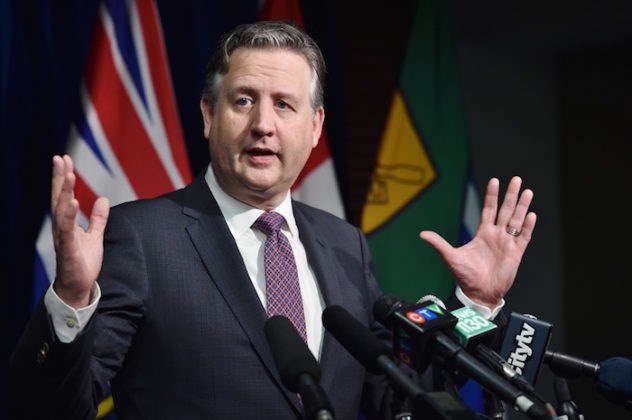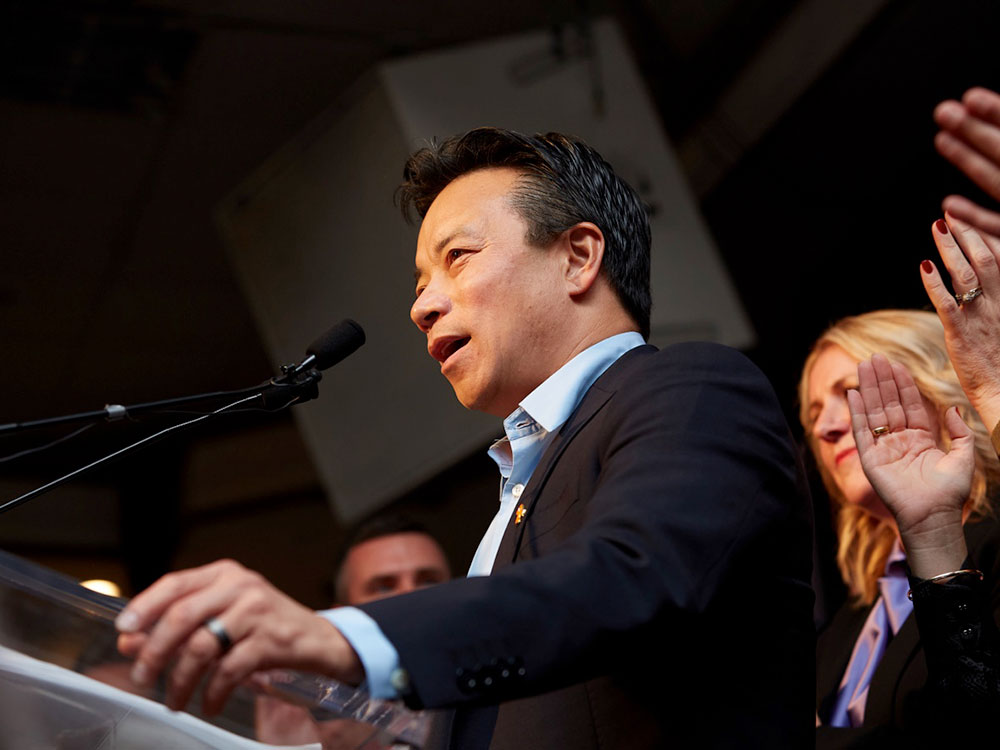
The Vancouver Empty Home Tax (EHT) program has recently undergone significant changes. On May 10, 2023, the City Council made crucial decisions regarding the tax rate and exemptions to enhance the fairness and effectiveness of the program. In this blog, we will explore the outcomes of these changes and their impact on homeowners, developers, and the city of Vancouver.
 In a notable decision, the Vancouver City Council voted to halt the planned increase of the empty homes tax from 3% to 5% of a property’s assessed value. The move was recommended by staff and supported by the ruling ABC Vancouver party, but it faced criticism from opposition councilors. The 7-3 vote confirmed that the annual tax rate would remain at three percent, as approved by the previous council in April 2022. This decision prompted the council to request a report on future rate increases and potential modifications to improve the tax’s fairness.
In a notable decision, the Vancouver City Council voted to halt the planned increase of the empty homes tax from 3% to 5% of a property’s assessed value. The move was recommended by staff and supported by the ruling ABC Vancouver party, but it faced criticism from opposition councilors. The 7-3 vote confirmed that the annual tax rate would remain at three percent, as approved by the previous council in April 2022. This decision prompted the council to request a report on future rate increases and potential modifications to improve the tax’s fairness.
 The empty homes tax was initially introduced in 2017 at one percent of a property’s value and was gradually increased to three percent over the term of former mayor Kennedy Stewart. However, the tax faced legal challenges and criticism from individuals who believed it unfairly targeted them. In response, the council proposed and mostly passed a range of exemptions to address these concerns. These exemptions include allowances for delays in building permit and redevelopment approvals, properties left vacant due to natural disasters or flooding, and properties primarily owned for accessing medical treatments in the city.
The empty homes tax was initially introduced in 2017 at one percent of a property’s value and was gradually increased to three percent over the term of former mayor Kennedy Stewart. However, the tax faced legal challenges and criticism from individuals who believed it unfairly targeted them. In response, the council proposed and mostly passed a range of exemptions to address these concerns. These exemptions include allowances for delays in building permit and redevelopment approvals, properties left vacant due to natural disasters or flooding, and properties primarily owned for accessing medical treatments in the city.
 The implementation of Vancouver’s empty homes tax has yielded significant results in terms of revenue generation and affordable housing initiatives. Over five years, approximately $115 million was raised through the tax, while the number of declared vacant properties decreased from 1,010 in 2017 to 502 in 2022. These funds have been utilized to support various affordable housing initiatives, helping to alleviate housing challenges within the city.
The implementation of Vancouver’s empty homes tax has yielded significant results in terms of revenue generation and affordable housing initiatives. Over five years, approximately $115 million was raised through the tax, while the number of declared vacant properties decreased from 1,010 in 2017 to 502 in 2022. These funds have been utilized to support various affordable housing initiatives, helping to alleviate housing challenges within the city.
 While most exemptions received unanimous approval, one exemption sparked controversy and further debate. Staff recommended exempting new developments from the empty homes tax until they are sold to buyers. The rationale behind this exemption is to prevent developers from incurring additional fees if the housing market experiences a slowdown during the availability of their projects. This exemption aligns with the rule implemented by the province for its vacant homes tax. Mayor Ken Sim highlighted that this exemption would support the development and assist Vancouver in meeting its supply goals.
While most exemptions received unanimous approval, one exemption sparked controversy and further debate. Staff recommended exempting new developments from the empty homes tax until they are sold to buyers. The rationale behind this exemption is to prevent developers from incurring additional fees if the housing market experiences a slowdown during the availability of their projects. This exemption aligns with the rule implemented by the province for its vacant homes tax. Mayor Ken Sim highlighted that this exemption would support the development and assist Vancouver in meeting its supply goals.
 In addition to the empty homes tax, Vancouver residents need to be aware of the speculation and vacancy tax (SVT). The SVT is an annual tax imposed on residential properties in areas affected by the housing shortage crisis in British Columbia (B.C.). Recently, the B.C. government announced the expansion of the areas where the SVT applies. Owners in these areas will be required to declare their properties by March 31, 2024, to comply with the tax regulations.
In addition to the empty homes tax, Vancouver residents need to be aware of the speculation and vacancy tax (SVT). The SVT is an annual tax imposed on residential properties in areas affected by the housing shortage crisis in British Columbia (B.C.). Recently, the B.C. government announced the expansion of the areas where the SVT applies. Owners in these areas will be required to declare their properties by March 31, 2024, to comply with the tax regulations.
The recent changes to the Vancouver Empty Home Tax program reflect the City Council’s commitment to balance revenue generation and fairness. The decision to maintain the tax rate at three percent and introduce exemptions for specific circumstances aims to address concerns raised by taxpayers. The tax has significantly contributed to city revenue and funding for affordable housing initiatives. As Vancouver continues to tackle its housing challenges, these tax program changes play a vital role in shaping the city’s future.
Hi! I’m Erin Crocker. I’m a real estate lawyer with over 10 years of experience in Alberta and British Columbia real estate law. I love technology and efficiency. I’m on a mission to create a modern, digital closing experience for buyers and sellers through technology, transparency and sharing knowledge.